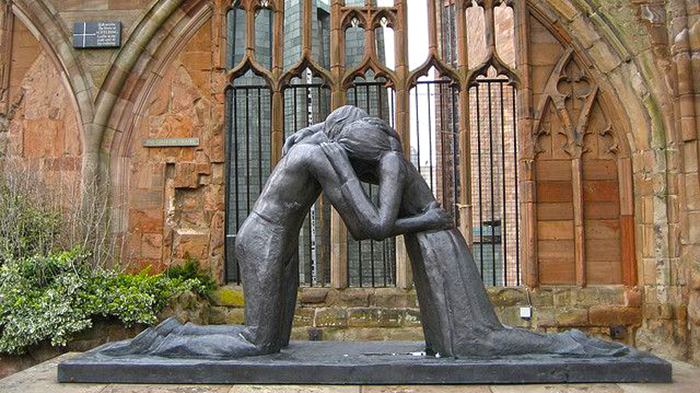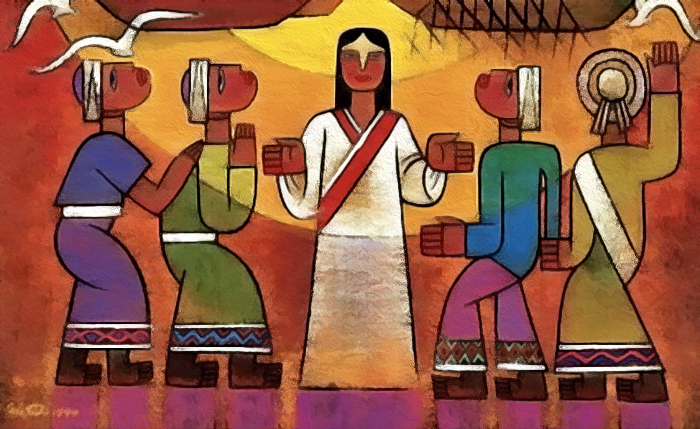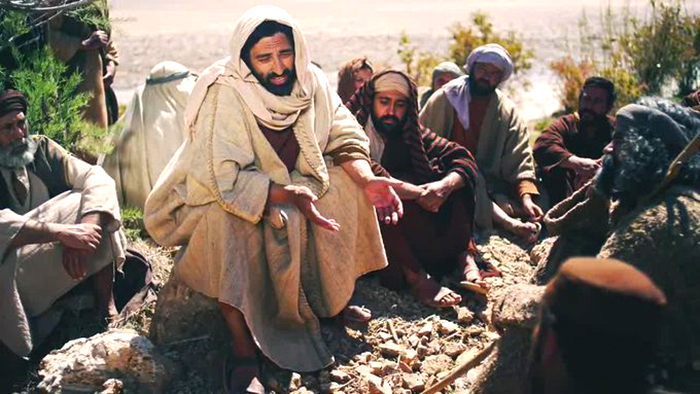Fr. Daniel Berrigan SJ wrote a little book entitled, “Ten Commandments for the Long Haul.” It was intended as spiritual sustenance, sustaining food, for those who walk the lonely, long road of faith and often find themselves discouraged and running out of gas. Fr. Ron Rolheiser writes that Berrigan doesn’t offer a quick fix but points out the right direction within which we should be walking and where, at key junctures, if we cast our eyes at the right spot, we might find Elijah’s jug, God’s food for the journey.
1. Acknowledge your contingency, your helplessness. You are a creature, not the creator. Only God is “ipsum esse subsistens”, self-sufficient being. Proper living begins with the words: “I am not God!”
2. Pray, prayers of helplessness, gratitude, and praise. Pray from your weaknesses and helplessness: “Lord, hang on to me lest I slip away from you. Do for me what I cannot do for myself.”
3. Welcome and accept the present moment. Don’t let the busyness, pressures, and heartaches of life steal the present moment from you. It’s the only place you will experience love and joy.
4. Give yourself permission to be inadequate. Don’t be too hard on yourself and, especially, on others. Everyone falls short. You’re loved as you are. Fear not; you are inadequate!
5. Be sufficiently loving and critical, both at the same time. Your loved ones, your church, and your community need you to be loving and critical, both at the same time. Pull the new as well as the old from your bag.
6. Be post-ideological, post-personal-history, post-conservative, post-liberal, post-naive, and post-sophisticated. Be non-classifiable. Admit that the right and left have both run out of imagination. See both as phases to pass through. Forgive your past.
7. Bless what’s good and beautiful, even as you stand where the cross of Christ is erected. All that’s good and beautiful has God as the author. Honor it before speaking any word of challenge to the world. Imitate Christ.
8. Be shockingly “Catholic” – earthy and wine-drinking. Bask in the goodness of life. We have divine permission to be happy. Jesus scandalized people with his capacity to enjoy life. He drank wine and let his heart be warmed by friends.
9. Accept aging. All that dies brings rich new life, even our own bodies. Aging needs to be defined aesthetically. Aging is an art form.
10, Serve the right God! God radiates love. Don’t serve any other God than this One. Don’t bow to any molten calf created in the image and likeness of our own tensions and bitterness.










